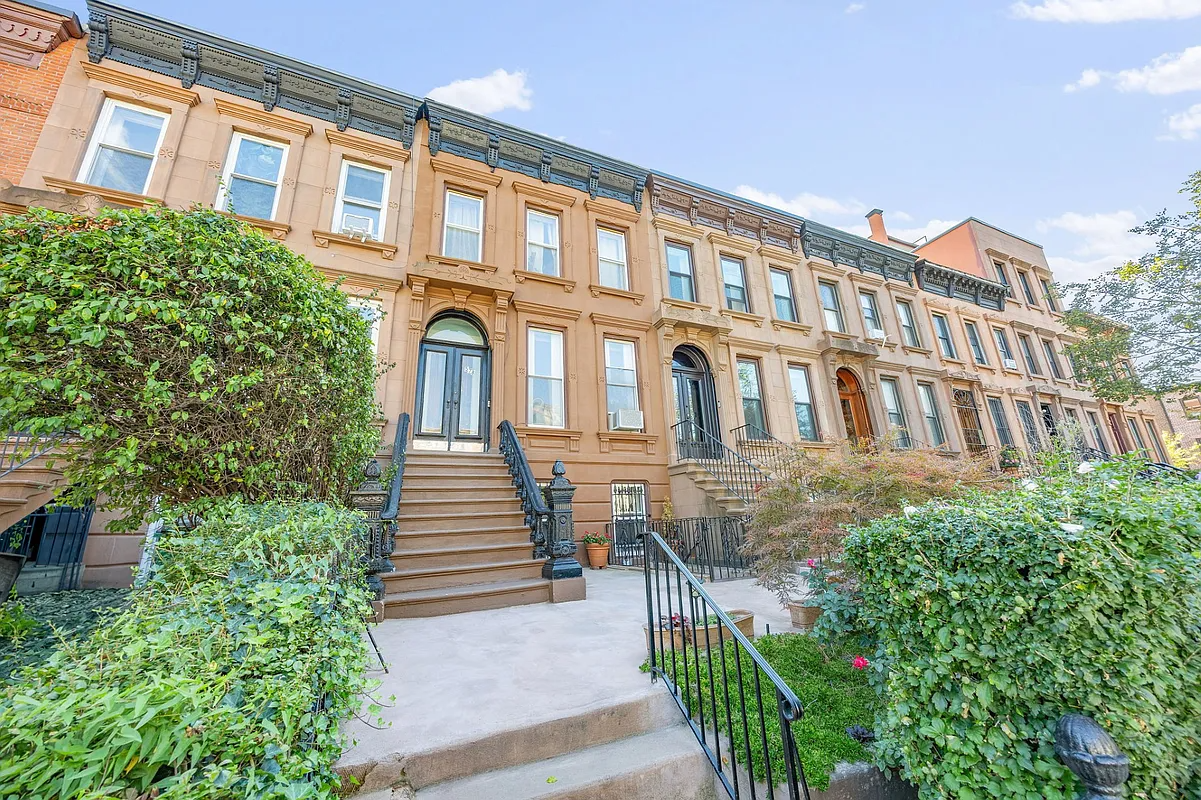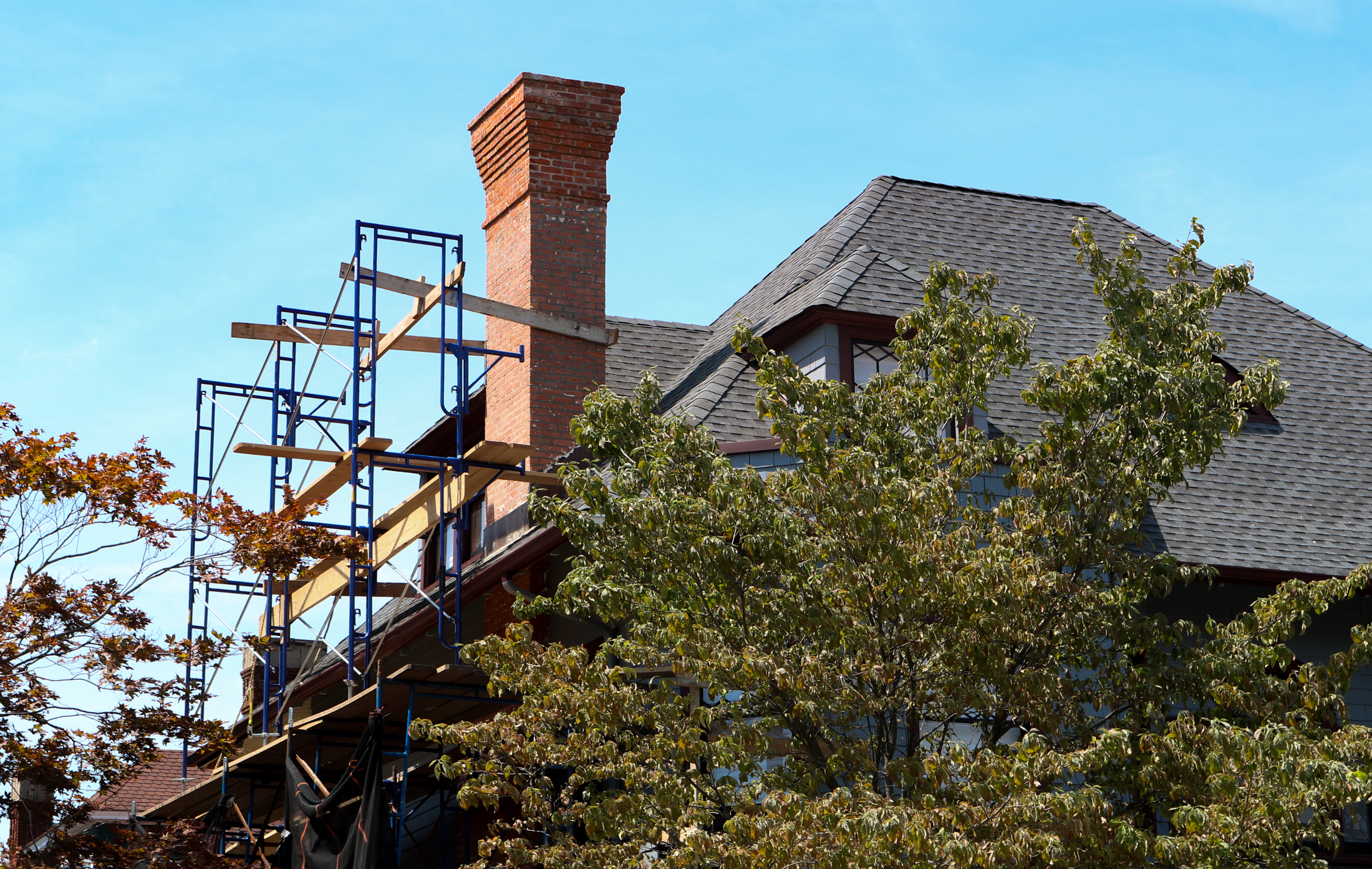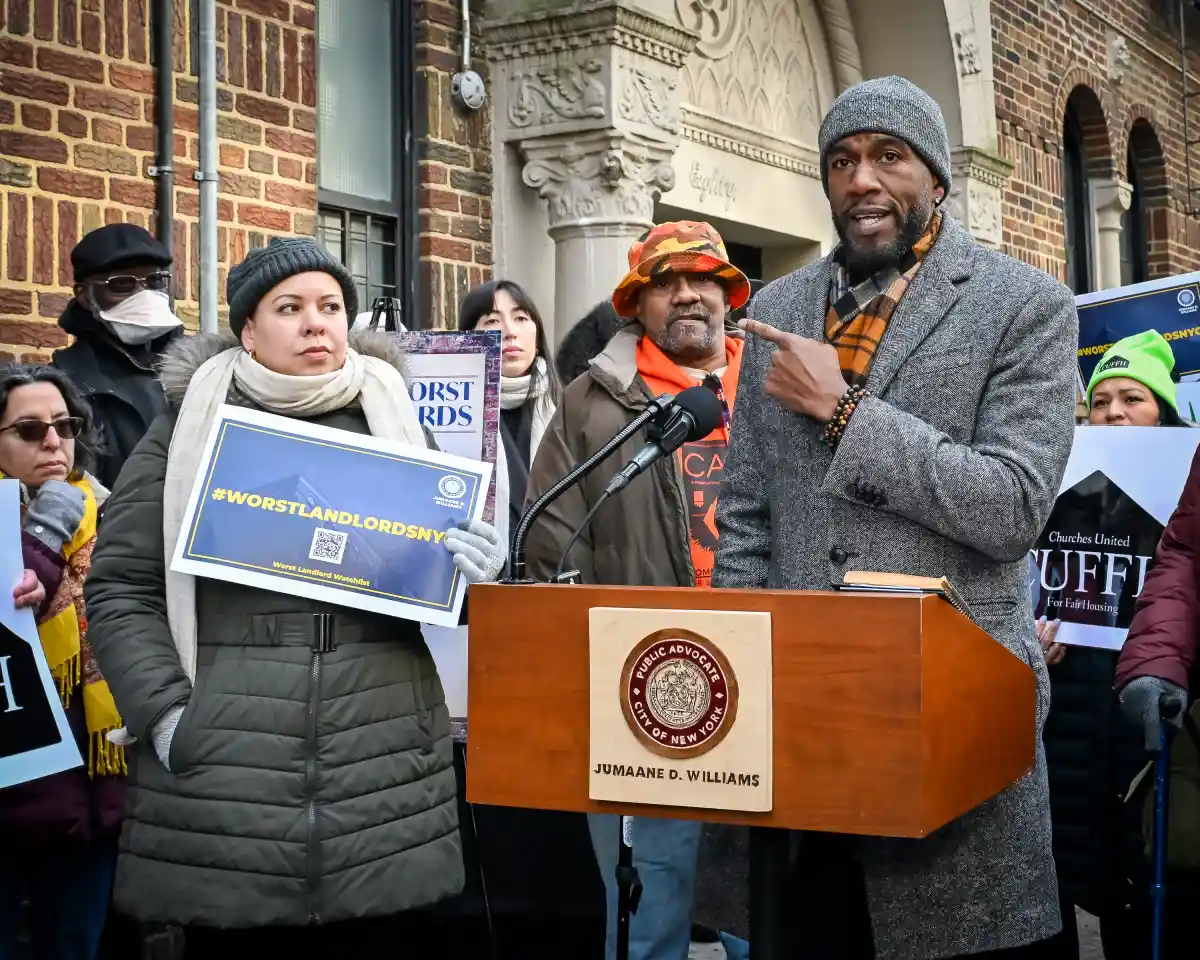Nest Egg or One-Armed Bandit?
An article today’s Home & Garden section of the NY Times asks why so many people remain convinced that real estate is a no-lose proposition. Recent history certainly contradicts this notion: According to Jonathan Miller, more than half of the people who bought co-ops and condos in Manhattan in 1986 or later and sold between…
An article today’s Home & Garden section of the NY Times asks why so many people remain convinced that real estate is a no-lose proposition. Recent history certainly contradicts this notion: According to Jonathan Miller, more than half of the people who bought co-ops and condos in Manhattan in 1986 or later and sold between 1990 and 1995 received less than what they paid for them. One broker thinks she has it figured out:
“Why do people go back to Vegas?” asked Donna Olshan, a broker in Manhattan. “They love to gamble. And people love real estate. They think that it isn’t going to happen again and they go back in it.”
Nest Egg or One-Armed Bandit? [NY Times]





I am a little ignorant on this, but I hear so much about the tax benefit, yet was led to believe that that only really applies for the first few years of interest payment and is thus very much overhyped in the long run. For example, when I asked my parents about their tax benefits, they laughed and told me the above.
Moreover, wouldn’t that benefit only makes sense if in the end one ended up paying only a little more than they would renting? I rent now, about 2Gs a month, and even owing the government taxes last year, I still made out better than I would had I owned, and have money to save and spend.
I’m not saying that owning is bad at all – I plan to own some day for the freedom it will give to decorate, live without sharing a wall, have a backyard, etc. I am simply wondering if the tax benefit is overhyped for long term owners.
anon,
While I fundamentally agree with you, I don’t go along with the “lost returns” comparison. For example, when you look at your stock performance, do you compare that to the returns you could have made if the money had been invested in r.e. No, no you shouldn’t. Two totally different types of investments with totally different risks, liquidity, holding periods, purposes, etc.
Agree with everything else. People should try to adopt a balanced approach. There is a place for home ownership (not speculation) and there is also a need for retirement saving, etc. You can’t ignore one for the other – not in the long run if you hope to achieve financial security.
These articles get tiresome because (among other reasons) they don’t *add* anything. Anon at 12:11 is right, but the Point (1) doesn’t go far enough in comparing returns of RE “investments” vs. the stock market.
By all means, deduct the “lost income” from having put the down payment into the RE BUT also add in the fact you have to live *somewhere*. If you invest on Wall St with dollars that could otherwise be invested in a home, how much would you then pay in (non-tax-advantaged) rent? I have yet to see a detailed comparison that takes this factor into account. Yes, your $200k Wall St investment could earn healthy returns, compounded, instead of being put down to buy RE, but avoidance-of-rent is a healthy “dividend” of home ownership that should be quantifiable.
*That* is an article that would add something to the discussion.
Yet another in the series I like to call “The Media Bubble on The Real Estate Bubble.” I agree with Linus. What a borefest…
I feel like this comes up every week these days. It is growing tiresome, but I can’t help myself from commenting.
A few things:
1. It’s fuzzy math to think that you made money if you sell your place for more than you paid. Subtract out the costs (including closing costs, maintenance, and the often ignored, but everpresent interest. Technically you should also subtract the lost returns on the money you had to put in upfront, which is a real opportunity cost) and then figure out what your percentage return is. Now compare that to returns over the same period from the stock market. Historically, you will find that RE loses this comparison.
2. All that being said, ownership has benefits that can’t be measured in dollars. I.e., it feels good to own, and to know that you have more control over your dwelling than if you rented. These benefits are real and should not be underestimated.
The bottom line is, buy if you want, but do so responsibly. If you bought more home than you can afford with an IO or ARM that could put the pinch on your lifestyle in a few years, all those intangible benefits to owning are greatly diminished.
True Linus, but many many people don’t reailze prices go down. There are a lot of 20-somethings buying who are too young to really remember or understand those cycles, because even if it’s happened in their lifetimes, they weren’t old enough to be aware of such things. Now they’re buying 700 or 800G homes or condos or co-ops using IO loans or ARMS thinking that these homes will be worth double in 4 years, and not fully realizing what could happen if their rates rise or they have to sell and there is no one buying (and really, what’s out there for 700 now? If anyone can honestly think value will double without income joining in, they’re crazy). That will be a significant loss. I’d hate to enter my thirties in such a bad financial state that savings and future planning becomes impossible. I think it’s definitely going to happen to a lot of people – I personally have had friends who have made terrible decisions.
That said, that particular article wasn’t all that great and didn’t actually explore very much, did it?
Am I the only one who was bored by this article? You could have summed it up in one sentence: “Real estate goes down, too.” I realize people still need to be reminded of that — and many won’t listen regardless — but what a letdown. Not to mention the silly premise: Some people lost money when they sold, so why would they ever buy again? Um, maybe because they need a place to live? Or because they — unlike the idiot readership this article seems to imagine — already realized that prices can go up as well as down?
One reason people continue to invest in real estate is that it also gives you a place to live. Yes, it can get ugly if you MUST sell, but for those of us who assume we will be able to stay in our homes over the long term, real estate still seems safer than the stock market.
Many coops had a particularly tough time then. Part of that is the rapid conversion of rental bldgs to coops – (remember the thrill of getting an ‘insider’ price) – where many of the residents remained as renters. Financials/reserves were and mechanicals were neglected in many buildings. All coops suffered because of there stories – and in a weak real estate market to begin with these were greatly affected.
As many people will advise – don’t buy unless plan to stay awhile. I bought my house in summer of ’86 – and I do not recall anytime where value of house was less than I paid.